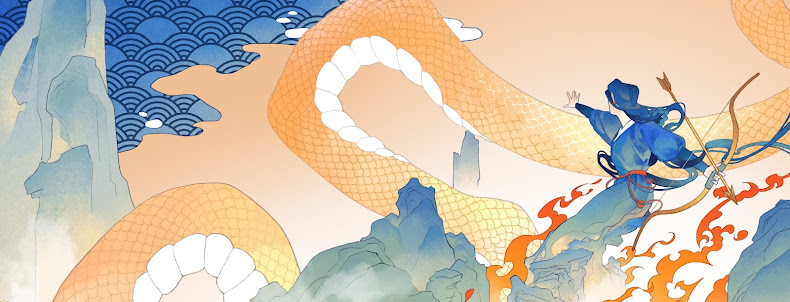Like a lot of other teenagers from my generation who came from financially struggling families, my very first income-generating stint right after graduating from secondary school was tutoring. In those days of economic stringency, when newer handed-down clothes were already luxury items for me, a seventeen-year-old, the burden often fell squarely on the first-born child of cash-strapped families to find ways of contributing to the family coffer soonest possible, especially when the supposed breadwinner had never assumed the responsibility of feeding his offspring.
Anyway, even if one’s wish to find a tutoring job were urgent, whether one could quickly land an offer depended a lot on whether one had the right relations. I was fortunate to have a rich aunt (my father’s sister) who befriended a lot of rich tai-tais through mahjong playing, one of whom, through my aunt’s introduction, engaged me to tutor her nine-year old daughter for a monthly fee of HK$100. My mother used my first month’s income (I handed every cent of my income to my mum) to buy me my first ever new winter overcoat at the Dai Yuan department store (大元百貨公司) in Causeway Bay (situated at approximately where the Sogo department store now stands). It was a greenish-brown checkered knee-length woolen coat with fake-fur lining, bronze buckles and a hood and it was British made. I kept it for a long time.
Let’s turn back to my tutoring job. There was one particular episode that has distinctly stuck in my mind. One day when I showed up as usual at 3:00 pm at Mrs. C’s (my employer) residence, which was located at Fung Fai Terrace, Happy Valley (now redeveloped into Celeste Court), I discovered that the household had a TV taboo, which was whenever it showed any movie starring a certain Hong Kong actress (I’m not disclosing the name for obvious reasons), the TV set had to be turned off at once. As I entered the luxury apartment, I heard Mrs. C shout her command grouchily to the servant who was dusting the sofas, “Turn off the TV right now! Who turned it on?” Although I thought it strange at the time, wondering nonetheless what on earth could have made Mrs. C so mad, the matter slipped my mind until towards the end of my assignment, when I learned about the background story from my aunt.
It turned out that Mr. C, who was a very successful businessman, had been keeping the actress as his mistress in a separate residence with his wife’s knowledge. The actress was very famous too and had played the leading lady role in numerous Cantonese movies, opposite actors like 張英, 胡楓. It goes without saying that she was much younger and prettier than Mrs. C. In those days, rich men keeping concubines and mistresses was almost seen as a symbol of status in a male dominant society. There was little choice for the poor wives: they either had to play deaf and dumb or face the harsh reality of divorce, which, other than bringing on ignominy and disgrace, would mean the end of economic security and possibly being alienated from their own children. It was really not a choice for women who had practically no earning capacity. While I sympathized with Mrs. C, it also dawned on me that education of the self, through conventional or unconventional channels, is the sine qua non for females to gain their economic independence.
I guess Hong Kong women are lucky to have become liberated, having come a long way from those dark days of male chauvinism. However, this brings to mind the still lurid situation of many women in Southeast Asia, especially in the Philippines. Last night I happened to be watching a documentary made by CBC on the subject of prostitution in the Philippines, which made me sick to the stomach. Girls as young as twelve to fourteen are forced into prostitution by abject poverty. They are held in captivity in dirty cubicles and are made to “service” as many as fifteen customers a day. There is just no hope for them to be saved from the inhumane scourge of a wicked society that is bent on decimating females. They often die at a young age from AIDS or other diseases. Can such a society be called civilized, or even close?

No comments:
Post a Comment